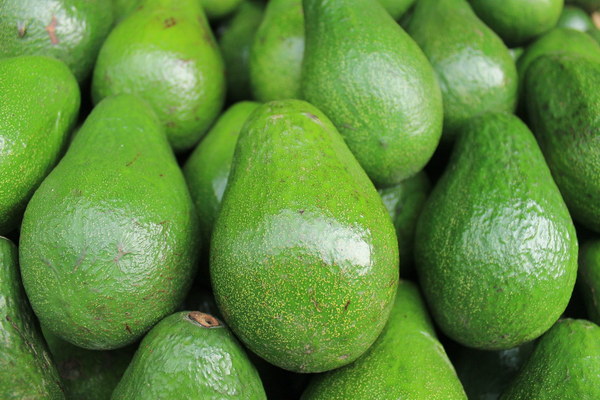The Benefits of FilmCoated Tablets for Gastric Health Why Theyre a Safer Choice
Gastric health is a crucial aspect of overall well-being, and choosing the right medication can make a significant difference. Film-coated tablets have gained popularity for their unique benefits, making them a safer choice for individuals with sensitive stomachs. In this article, we will explore why film-coated tablets are advantageous for gastric health and how they can provide a more comfortable and effective experience for patients.
First and foremost, film-coated tablets are designed to protect the stomach lining from the harsh effects of certain medications. Many drugs can cause irritation and inflammation to the stomach, leading to discomfort and digestive issues. The film coating acts as a barrier, preventing direct contact between the medication and the stomach wall. This protective layer ensures that the tablet dissolves in the intestines, where it can be absorbed into the bloodstream without causing harm to the stomach.
One of the primary reasons why film-coated tablets are beneficial for gastric health is their delayed-release mechanism. These tablets are formulated to dissolve and release their active ingredients at a specific point in the gastrointestinal tract, typically in the intestines. By doing so, they minimize the risk of stomach irritation and discomfort that can occur when medications are absorbed too quickly or in the wrong place. This delayed-release feature is particularly advantageous for individuals with conditions such as gastroesophageal reflux disease (GERD) or irritable bowel syndrome (IBS), as it helps to reduce the likelihood of acid reflux or digestive upset.

Another advantage of film-coated tablets is their improved taste and odor. The film coating not only protects the stomach but also masks the bitter taste and unpleasant smell of some medications. This makes it easier for patients to take their medication consistently, as the taste and odor are less likely to be a deterrent. In turn, this ensures that patients adhere to their treatment regimen, leading to better health outcomes.
Furthermore, film-coated tablets offer convenience and ease of use. They are typically easier to swallow compared to other forms of medication, such as capsules or tablets without a coating. This is especially beneficial for elderly patients, children, or individuals with swallowing difficulties. Additionally, the film coating helps to keep the tablet intact during transportation and storage, reducing the risk of crumbling or breaking, which can be a concern with certain medications.
In some cases, film-coated tablets may also provide a cost-effective solution for patients. Since the coating protects the tablet from environmental factors, such as moisture and light, it can extend the shelf life of the medication. This means that manufacturers can produce and distribute larger quantities of the drug, potentially lowering the cost per dose for patients.
However, it is important to note that film-coated tablets are not suitable for everyone. Some individuals may experience difficulty swallowing the coated tablet, or the coating may not be effective in protecting the stomach for certain medications. In these cases, alternative forms of medication or dosage adjustments may be necessary.
In conclusion, film-coated tablets offer numerous benefits for gastric health, making them a safer and more comfortable choice for patients. Their protective coating, delayed-release mechanism, improved taste and odor, convenience, and potential cost-effectiveness make them an attractive option for individuals with sensitive stomachs or those who are prone to digestive discomfort. By choosing film-coated tablets, patients can enjoy a more effective and pleasant medication experience, ultimately leading to better health outcomes.









